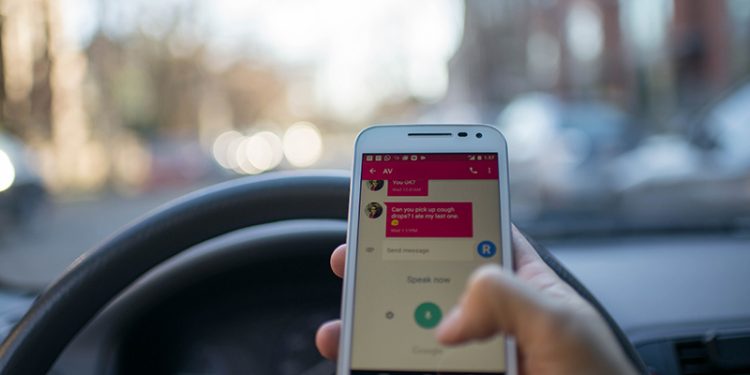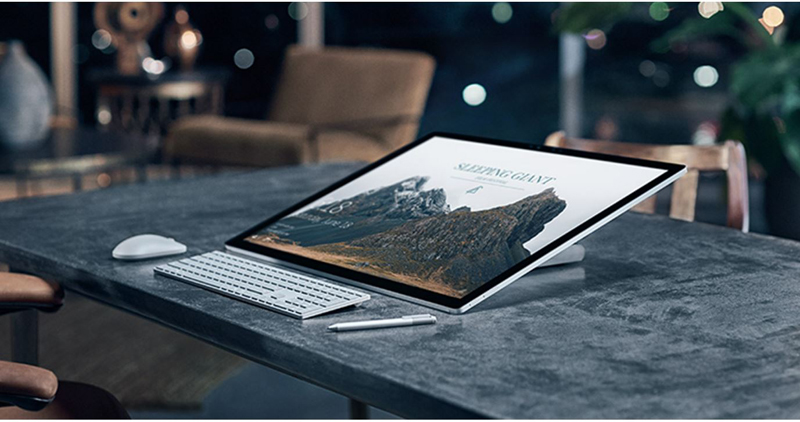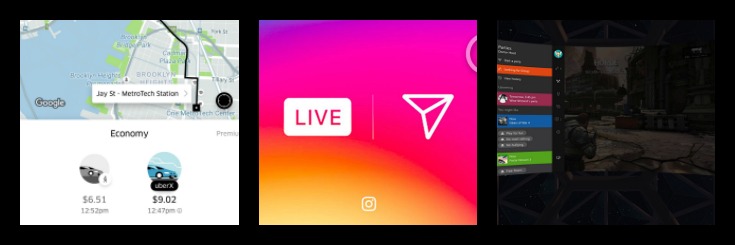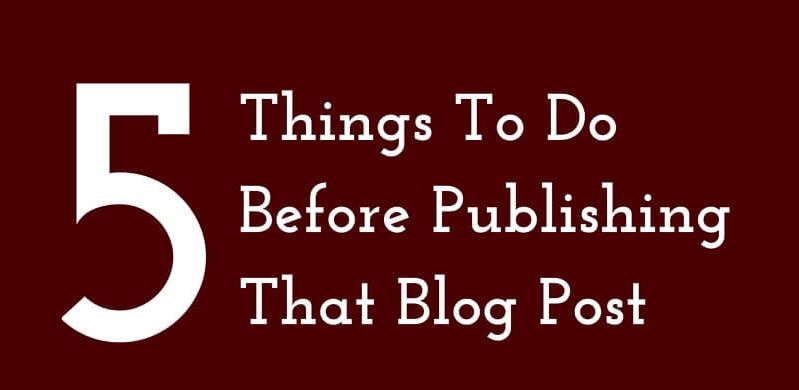What Is Allowed Under the New Driving Under the Influence of Electronics Law

The recent passage of the DUI-E (Driving Under the Influence of Electronics) law in the state of Washington has taken the fight against distracted driving to a whole new level. This Driving Under the Influence of Electronics Law seeks to stop drivers from using any type of handheld electronic device while driving—or even while stopped at a stop sign or stop light. Distracted driving—particularly the use of electronics while driving—causes innumerable auto accidents, which, in turn, leads to serious injuries and even death.
Distractions for Drivers
Any time a driver on the road is paying attention to anything other than the road and the traffic around them, they are putting themselves, other motorists and pedestrians in danger. Although cell phone use and the practice of texting is in the news constantly as a cause of auto accidents, in truth there are plenty of other lower-tech distractions which cause their share of collisions. Consider the person who just spilled hot coffee in their lap or dropped something on the floor, bending down to pick it up—while driving.
Unfortunately, our lives are so incredibly busy, that many people begin to feel as though they live in their car as much as they live at home. We eat breakfast in our car on the way to work, attempt to re-set the GPS, fiddle with the radio, and even put on makeup, shave and read, all while commuting to work. Parents find themselves turning around—while driving—to see what’s going on with the kids in the backseat, or attempting to put a bottle or pacifier into the mouth of a crying baby.

Photo by Chris Yarzab on Visual hunt / CC BY
If you have ever passed a car where a woman was applying mascara, using the rear-view mirror, while navigating a busy city street, you probably were very alarmed—and with good reason. People who regularly eat in their car, also regularly spill, then their attention is completely consumed with cleaning up the mess from their clothing or the car upholstery. Still, cell phones and other electronic devices are definitely a prime distraction—and a danger. Experts believe that those who regularly talk on their cell phone while driving are as much as four times as likely to have a car accident. That’s not texting, just talking on your phone.
How Many Accidents are Caused by Distractions?
Because many people don’t want to admit they were applying makeup or texting when they crashed into the car ahead of them, it’s hard to get solid statistics on just how many accidents are caused by distracted drivers. Research indicates that the number could be as high as fifty percent of all accidents being directly related to driver distraction—a number that truly boggles the mind. Teens especially, are among the worst offenders for talking and texting while driving, although the newest phones may have technology which shuts the phone down when it detects the motion of the vehicle.
The Types of Distractions Drivers Face
There are three main types of distractions, including visual, manual and cognitive. Visual distractions occur when you take your eyes from the road—most distractions tend to be visual in nature. Manual distractions occur when you physically remove your hands from the wheel of the vehicle, and mental or cognitive distractions happen when your mind is anywhere but on the task of driving.

Using an electronic device encompasses all three types of distraction, which is why Washington lawmakers took the somewhat unusual step to make DUI-E a primary offense, punishable by a significant fine for a first-time ticket–$136. A second DUI-E offense within five years of the first will result in an even steeper fine–$234. The fines are significant, however the increase in your insurance premiums is likely to hurt for many years to come. Consider the following statistics on distracted driving:
- Performing a secondary task increases the risk of a crash because it is so cognitively demanding.
- Texting increases the risk of a crash by as much as 23 times.
- Distracted driving fatalities increased by 32 percent in the state of Washington between 2014 and 2015.
- Almost three-fourths (71 percent) of distracted drivers are using a cell phone while driving.
- One out of every four automobile collisions involves the use of a cell phone immediately prior to the collision.
- Research done in 2013 found that at any given time, at least 10 percent of drivers on the roadways are using an electronic device, and half of those are texting.
Washington’s DUI-E Law
Washington’s new DUI-E law bans holding any type of electronic, hand-held device while driving, or while stopped at an intersection. What you are allowed to do is to call 911, or to use one finger to trigger a voice-activated app on Bluetooth. You can also pull off the roadway to a place which is safely out of the way of traffic, and make your call or read or send a text. Up until now, most laws which banned the use of cell phones made a violation only a secondary offense.

That is, a police officer had to witness a primary offense—such as speeding or running a red light—in order to charge the driver with the secondary offense of using a cell phone while driving. This new law changes that, in that a police officer must only see a driver with a hand-held electronic device in their hands while driving to pull the driver over and issue a ticket. If you are a Washington State resident, it is time to think twice about using your electronic device while driving—and to get serious about safety.
Barbara Bowden is attorney and owner of The Law Offices of Barbara A. Bowden. Barbara’s favorite part of being a defense attorney is handling a case from beginning to end. She loves having the ability to turn something negative into something positive with the help of her office. When Barbara is not in the office, she is doing her other job-being a mom to her two daughters.







